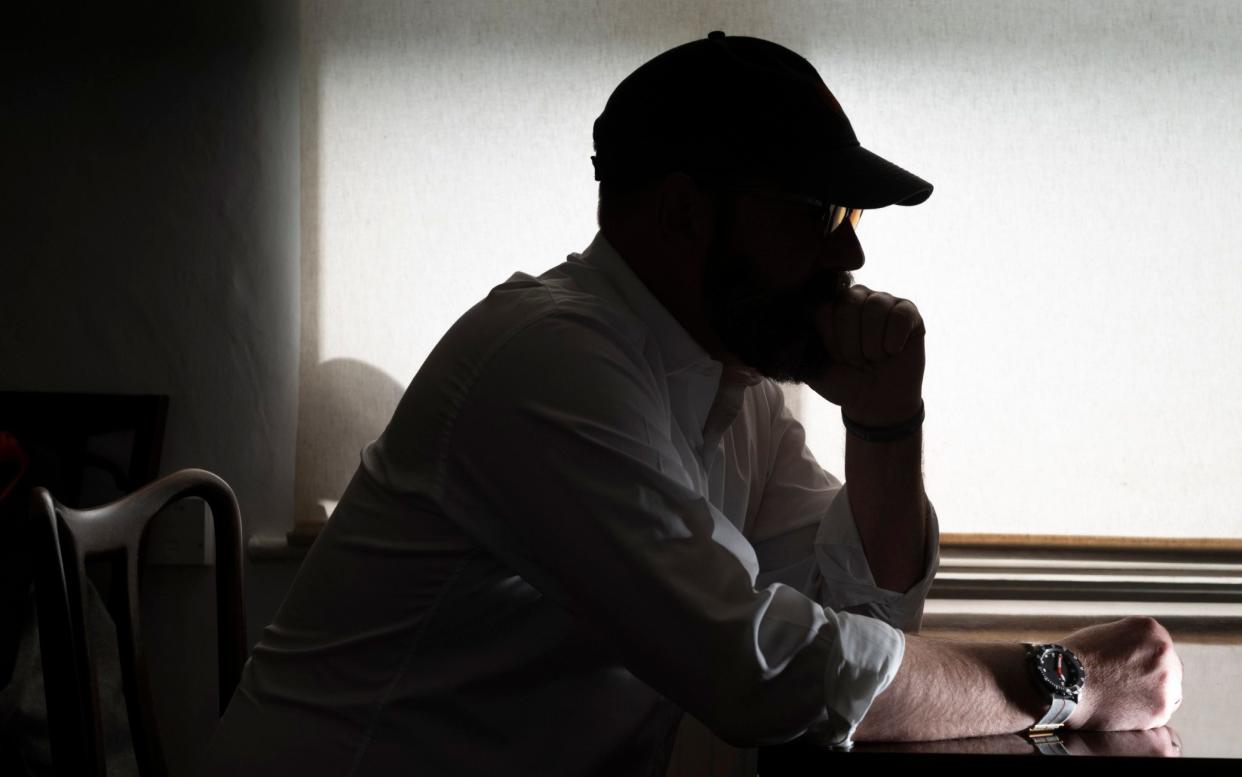Army Major subjected to eight investigations over death of an Iraqi 17 years ago finally exonerated

An Army major subjected to eight investigations over the death of an Iraqi 17 years ago has finally been exonerated after a senior judge concluded witnesses had colluded against him to pervert the course of justice.
A new 88-page report into the death of Saeed Shabram, who drowned in a Basra dock in 2003, has concluded that Major Robert Campbell jumped in to try to save the young man, only to find himself victim of a conspiracy which “likely began on the day Shabram died”.
The report also found that the military was aware that witnesses “had colluded and were dishonest” as long ago as 2006, raising serious questions over why the major's ordeal lasted a further 14 years.
The official Iraq Fatality Investigations (IFI) report by Baroness Hallett, a former Court of Appeal judge, found that Shabram, 19, and his older cousin Munem Auda, who survived, “must have slipped or jumped into the water” after being caught by soldiers trying to steal electric cable.
Baroness Hallett concluded that “a number of [Iraqi] civilian witnesses” who came forward to give evidence against Major Campbell and two other soldiers in 2003 and again at a later criminal inquiry in 2014 to 2016 were “inherently unreliable”.
Identified in the report only as SO70, Major Campbell has waived his anonymity to speak out against the system and the years spent under investigation.
Baroness Hallett said in her judgment: “The fact Iraqi civilians were prepared to claim falsely that they had witnessed the events leading to Shabram’s death raises the question of collusion and inducement. I must consider, therefore, if there were attempts to encourage or intimidate witnesses into giving evidence that Shabram was pushed into the water by members of the British forces.
“I have concluded that there is clear evidence of collusion and possibly a conspiracy on the part of some Iraqi civilians to pervert the course of justice and the collusion/conspiracy likely began on the day Shabram died.”
In 2011, the MoD paid out £100,000 to Shabram’s family and a further £45,000 to Mr Auda although it refused to accept liability.
Baroness Hallett described an Iraqi fixer, Basim Jabir (hired by the dead man’s father Radhi Shabram) was a “major player in the collusion/conspiracy”.
She added: “Basim Jabir plainly took on this task. He organised the witnesses and escorted them to the authorities.”
She said Jabir and another Iraqi had “lied about their presence and what they had seen” and said Jabir “arranged for other witnesses to ‘assist’ the investigation. Some of them too then gave false accounts”.
Baroness Hallett wrote in her judgement: “My ultimate conclusion is that there is no reliable evidence upon which it would be proper to conclude that SO70 or any other British soldier pushed or forced Auda and Shabram into the water. It is most likely that they jumped or fell into the water in the process of trying to escape what they believed would be dire punishment for looting.”
In her report, she says that both Major Campbell and another soldier, known only as SO72, “both entered the water and attempted to rescue him [Shabram] but were unsuccessful.”
She adds that the soldiers only gave up the search when they “were too exhausted to continue”.
The IFI report said that about two hours after the drowning, seven Iraqi men, including Shabram’s father, arrived at the Army’s base in Basra, demanding justice.
The Royal Military Police began an investigation and Auda, who had survived, identified four witnesses that “he claimed had seen everything”.
Their version of events has since been discredited.
Auda insisted he and Shabram were only at the docks to graze their animals.
Auda gave three further accounts, one in testimony in 2006 at a Formal Preliminary Examination, again in 2010 as part of his civil claim and finally in 2014 when he was flown to Istanbul to be interviewed by investigators working for the Iraq Historic Allegations Team (Ihat), a controversial unit set up by the Ministry of Defence to investigate thousands of criminal claims, the vast majority brought to it by Phil Shiner, a human rights lawyer since struck off for dishonesty.

But an Iraqi fisherman Walid Jasim, who had been asked to interpret by Major Campbell, disputed Auda’s claims. “He saw the two Iraqis run and throw themselves in the water,” said the IFI report.
In her conclusion, Baroness Hallett said: “Witnesses who do have a motive to lie are not necessarily unreliable and inaccurate, but their accounts must be analysed carefully. In this case some of the Iraqi witnesses had a possible reason to lie, namely, to gain justice and or compensation for the family of Shabram and for Auda.”
She added: “Most of the accounts given by Iraqi witnesses to investigators were analysed and rejected as inherently unreliable.”


